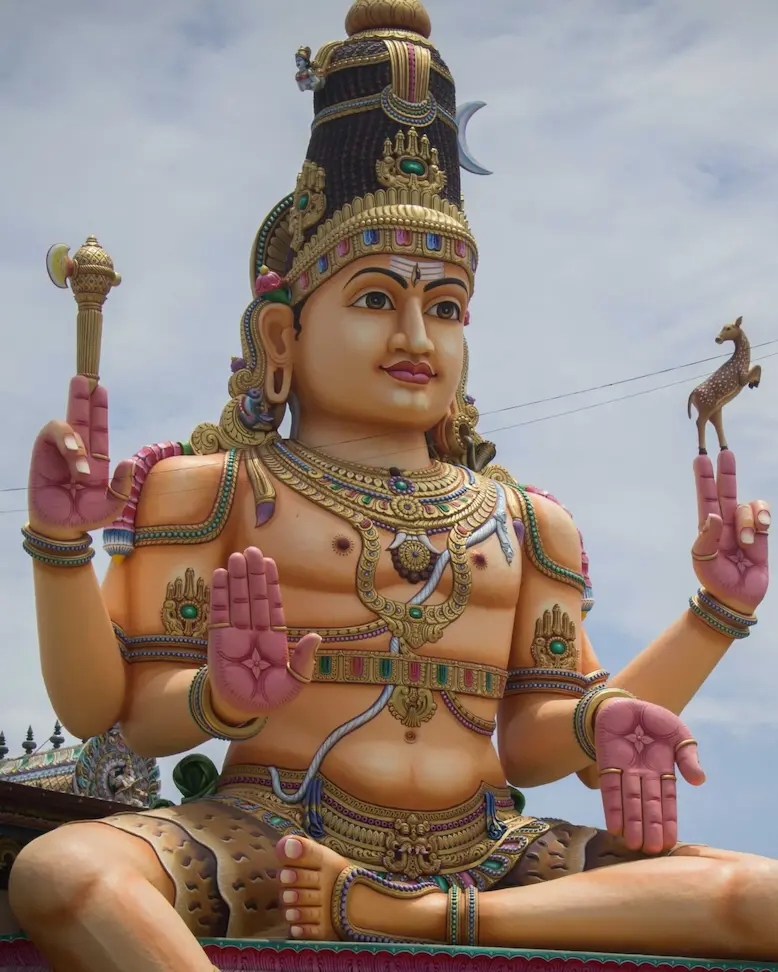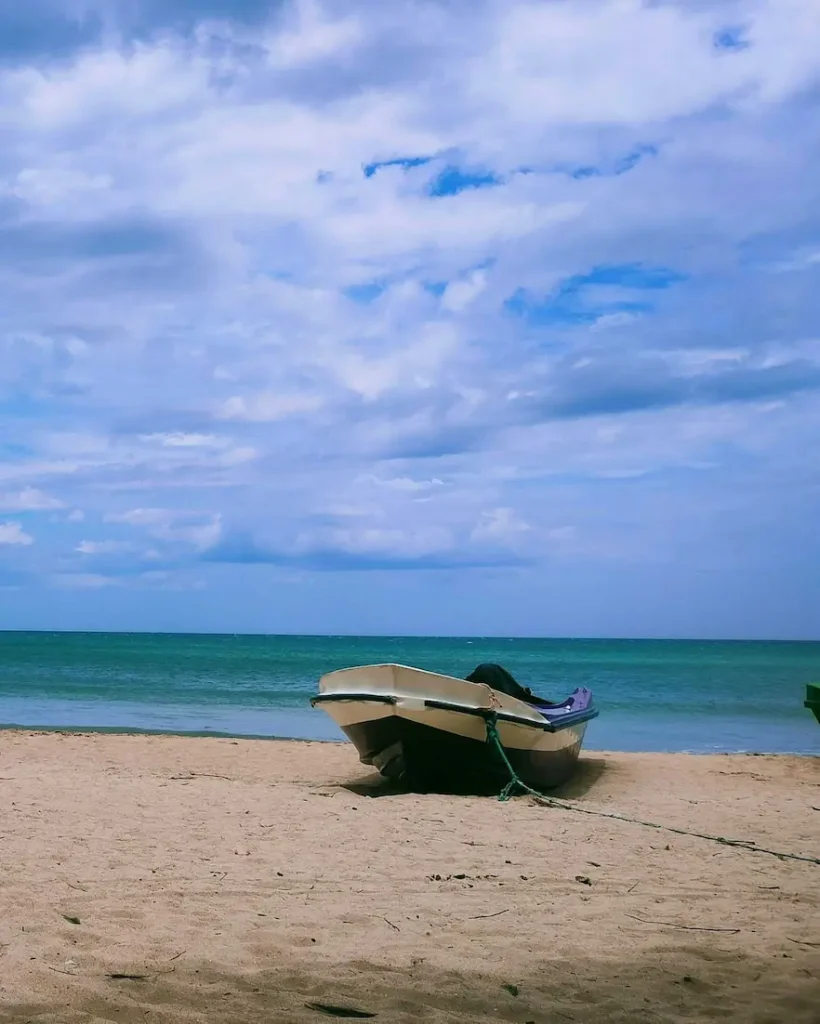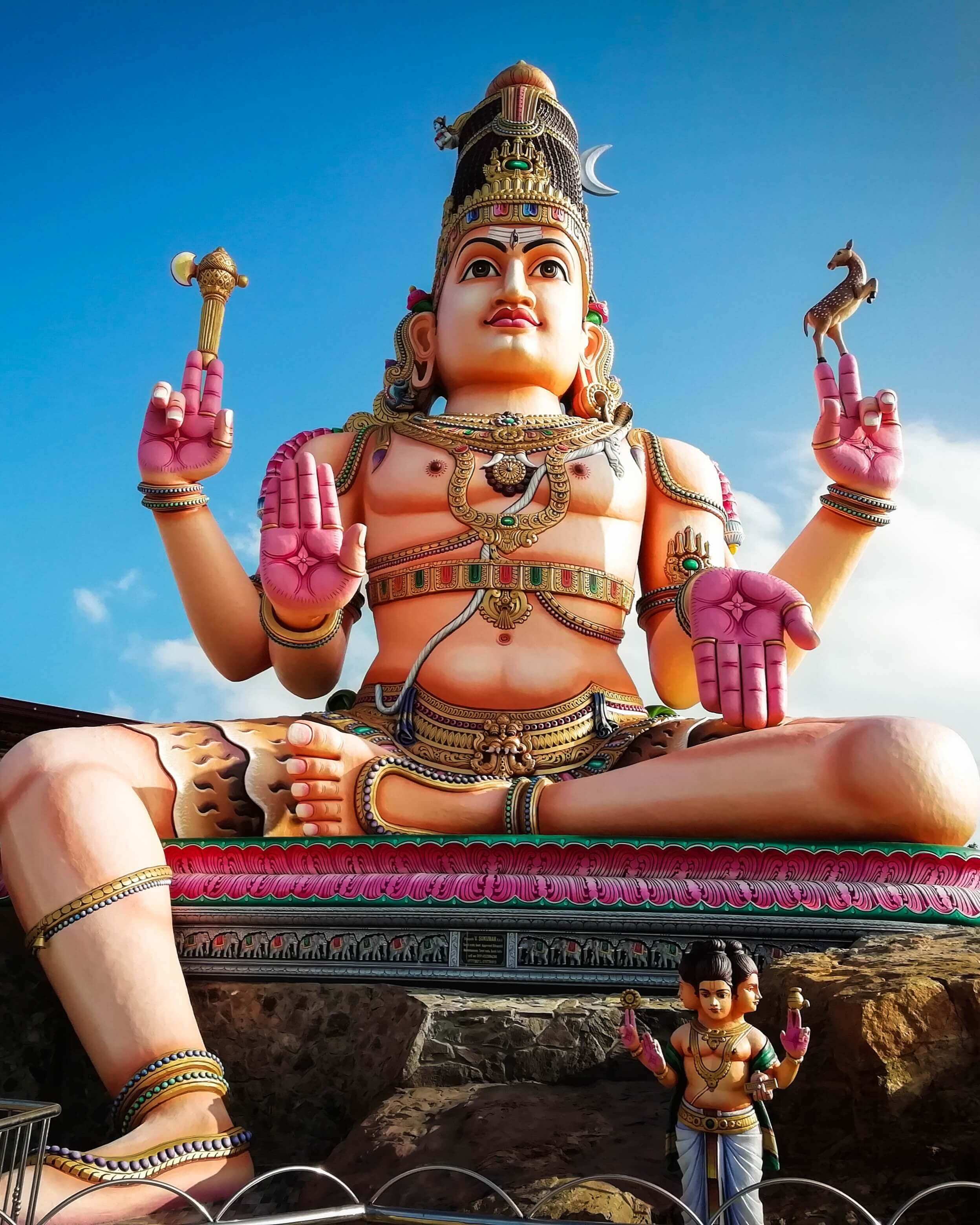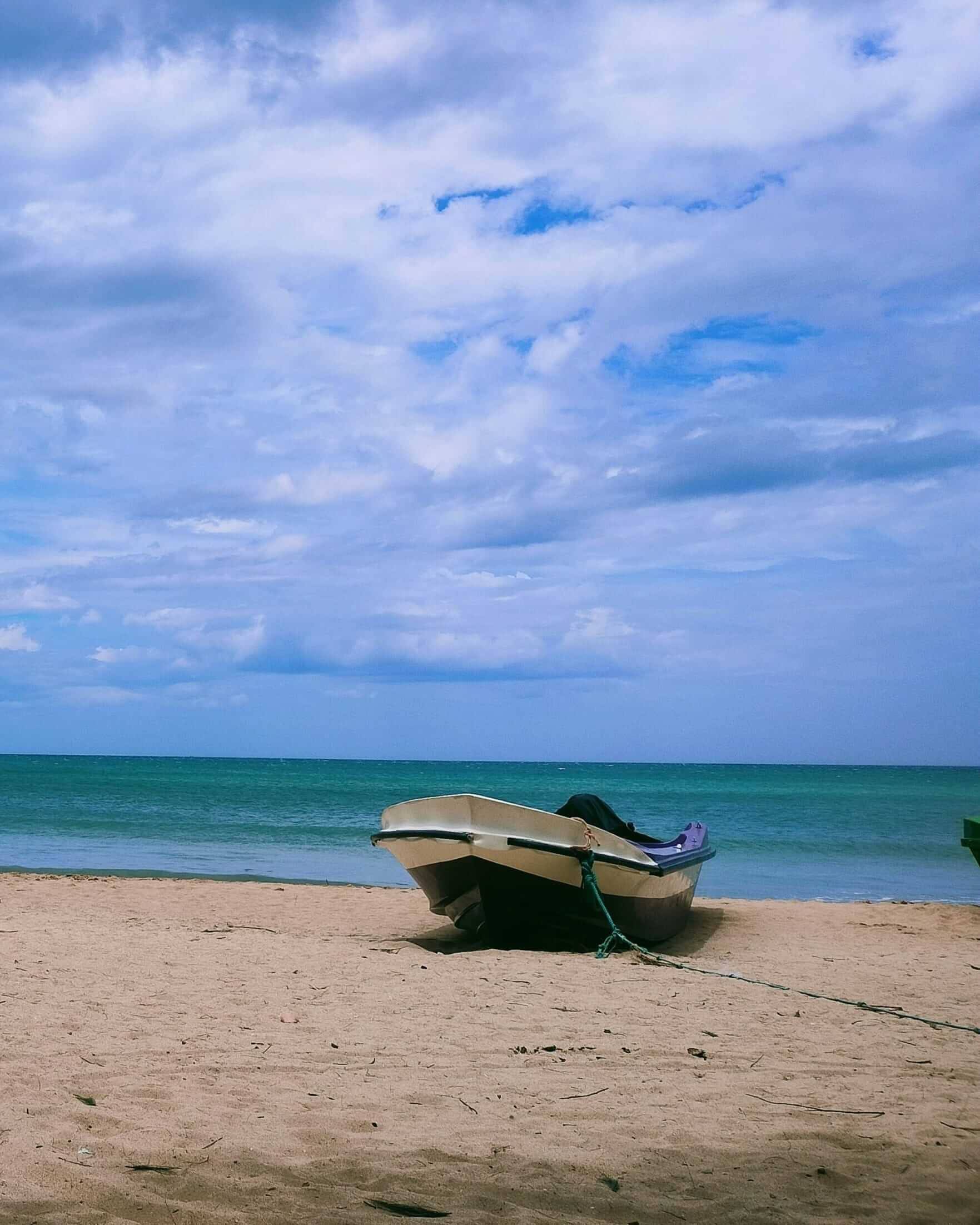
Eastern Cities
Trincomalee
🏝️ Pristine Beaches: Relax on the golden shores of Nilaveli and Uppuveli, perfect for sunbathing and water sports.
🕍 Spiritual Landmarks: Visit the sacred Koneswaram Temple, perched on a dramatic cliff overlooking the Indian Ocean.
🐬 Marine Wonders: Embark on dolphin and whale-watching tours in the crystal-clear waters of Trincomalee Bay.
⚓ Historical Significance: Discover the rich naval history at Fort Frederick, built by the Portuguese in the 17th century.
🌊 Natural Beauty: Explore the stunning Pigeon Island National Park, a haven for snorkeling and marine life.
INTroduction
Trincomalee, a historic port city on Sri Lanka’s northeastern coast, is a mesmerizing blend of ancient heritage, spiritual significance, and breathtaking coastal beauty. With a history dating back over 2,500 years, this maritime hub has been a center of trade, religion, and cultural exchange. From ancient Tamil dynasties to European colonial powers, Trincomalee has witnessed the ebb and flow of history while maintaining its unique identity.
Historical Legacy
At the heart of Trincomalee’s spiritual heritage stands the Koneswaram Temple, a revered Hindu shrine perched atop Swami Rock. Dedicated to Lord Shiva, this sacred temple is a site of devotion and legend, offering visitors panoramic views of the Indian Ocean. Known as the “Dakshina Kailash” (Southern Kailash), Koneswaram has drawn pilgrims and travelers for centuries, symbolizing Trincomalee’s deep-rooted spiritual legacy.
The city’s colonial past is reflected in Fort Frederick, originally built by the Portuguese in the 17th century and later fortified by the Dutch and British. This historic fortress, with its imposing ramparts and strategic location, played a crucial role in Sri Lanka’s naval history. Trincomalee’s natural deep-water harbor, one of the finest in the world, has long been coveted by global powers, shaping its role as a vital maritime hub.
Beyond history and heritage, Trincomalee is a paradise for nature lovers and adventure seekers. The golden beaches of Nilaveli and Uppuveli offer pristine sands and turquoise waters, perfect for relaxation and water sports. Just off the coast, Pigeon Island National Park is a haven for snorkelers and divers, boasting vibrant coral reefs and marine life. The waters of Trincomalee Bay also provide an opportunity to witness majestic blue whales and playful dolphins, making it one of the best whale-watching destinations in the country.
With its rich cultural tapestry, spiritual landmarks, and breathtaking coastal scenery, Trincomalee stands as a timeless destination where history and nature exist in perfect harmony. Whether exploring ancient temples, wandering through colonial forts, or basking in the sun-kissed shores, Trincomalee offers an unforgettable journey through Sri Lanka’s eastern wonders.

Things to Keep in Mind
Dress Code: Wear modest clothing when visiting temples, covering shoulders and knees as a sign of respect.
Footwear: Shoes must be removed at temple entrances. Carry socks to protect your feet from hot surfaces.
Best Time to Visit: Early mornings or late afternoons are ideal to avoid crowds and the midday heat.
Local Guides: Hiring a knowledgeable guide can provide deeper insights into the history, culture, and significance of Trincomalee’s landmarks.
Sun Protection: Carry sunscreen, a hat, and sunglasses, especially when exploring beaches and outdoor sites.
When Should You Visit TRINCOMALEE City?
Cultural and Religious Observances
- Pongal (January): A Tamil harvest festival celebrating prosperity, with colorful decorations, traditional cooking, and temple ceremonies at Koneswaram Temple.
- Tamil New Year (April): Marked by rituals, temple prayers, and cultural festivities, offering a glimpse into the rich Tamil heritage of Trincomalee.
- Vel Festival (July/August): A grand Hindu festival dedicated to Lord Murugan, featuring vibrant processions, drumming, and devotees carrying sacred Vel chariots.
- Deepavali (October/November): The Hindu festival of lights, where homes and temples glow with oil lamps, symbolizing the victory of light over darkness.
💡Note: Visiting during festivals provides a deep cultural experience, but expect larger crowds and limited accommodation availability.
Dry Season (March – September)
- Warm, sunny weather with minimal rainfall—ideal for beach activities, snorkeling, and whale watching.
- Best time for exploring Nilaveli Beach, Uppuveli Beach, and Pigeon Island National Park.
Rainy Season (October – February)
- Northeast monsoon brings heavy rains, which may affect outdoor activities.
- However, whale-watching tours continue in calmer sea conditions.
Getting to TRINCOMALEE : Travel Options and Tips
By Train
Trincomalee is accessible by train from Colombo and other major cities, offering a scenic and relaxing journey.
- Intercity Express & Night Mail Trains: Comfortable options with air-conditioned first-class, second-class, and third-class seating.
- Travel Duration: Colombo to Trincomalee – 7 to 8 hours.
- Booking Tip: Reserve tickets in advance through Sri Lanka Railways to secure preferred seating.
By Bus
Regular buses operate between Trincomalee and major cities, providing an affordable travel option.
- Luxury & Semi-Luxury Buses: Air-conditioned private buses for a more comfortable journey.
- CTB Public Buses: Budget-friendly, but can be crowded and less comfortable for long trips.
- Travel Duration:
- Colombo to Trincomalee: 6–7 hours.
- Kandy to Trincomalee: 4–5 hours.
- Anuradhapura to Trincomalee: 2.5–3.5 hours.
By Car or Taxi
Hiring a private vehicle is the fastest and most convenient way to reach Trincomalee, especially for groups and families.
- From Colombo: 5–6 hours (265 km) via A6 Highway.
- From Kandy: 3.5–4.5 hours (180 km).
- From Anuradhapura: 2.5–3.5 hours (110 km).
- Cost: Expect LKR 18,000–28,000 for a one-way trip from Colombo.
- Pro Tip: Use PickMe, Uber, or local taxi services for reliable transport.
Tips for Travelers
- Peak Travel Times: Avoid traveling during public holidays or long weekends as trains and buses can be crowded.
- Early Bookings: Reserve train or bus tickets early, especially for first-class train seats or luxury bus options.
- Local Knowledge: For the best experience, consider hiring a local guide to help navigate the city and its attractions.
interactive MAP
Explore More Eastern Cities!
Don’t stop at Trincomalee—discover the hidden gems of Sri Lanka’s Eastern Region! From pristine beaches to ancient temples, each destination offers a unique experience.
Select Your Next City Now! 👉


